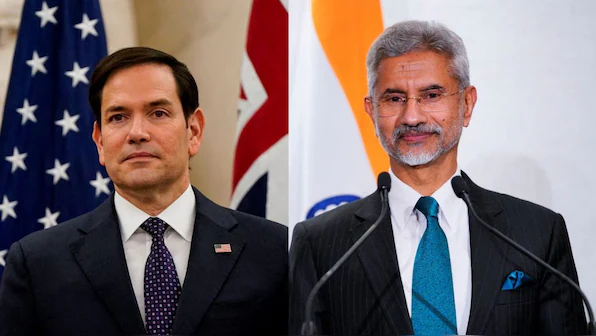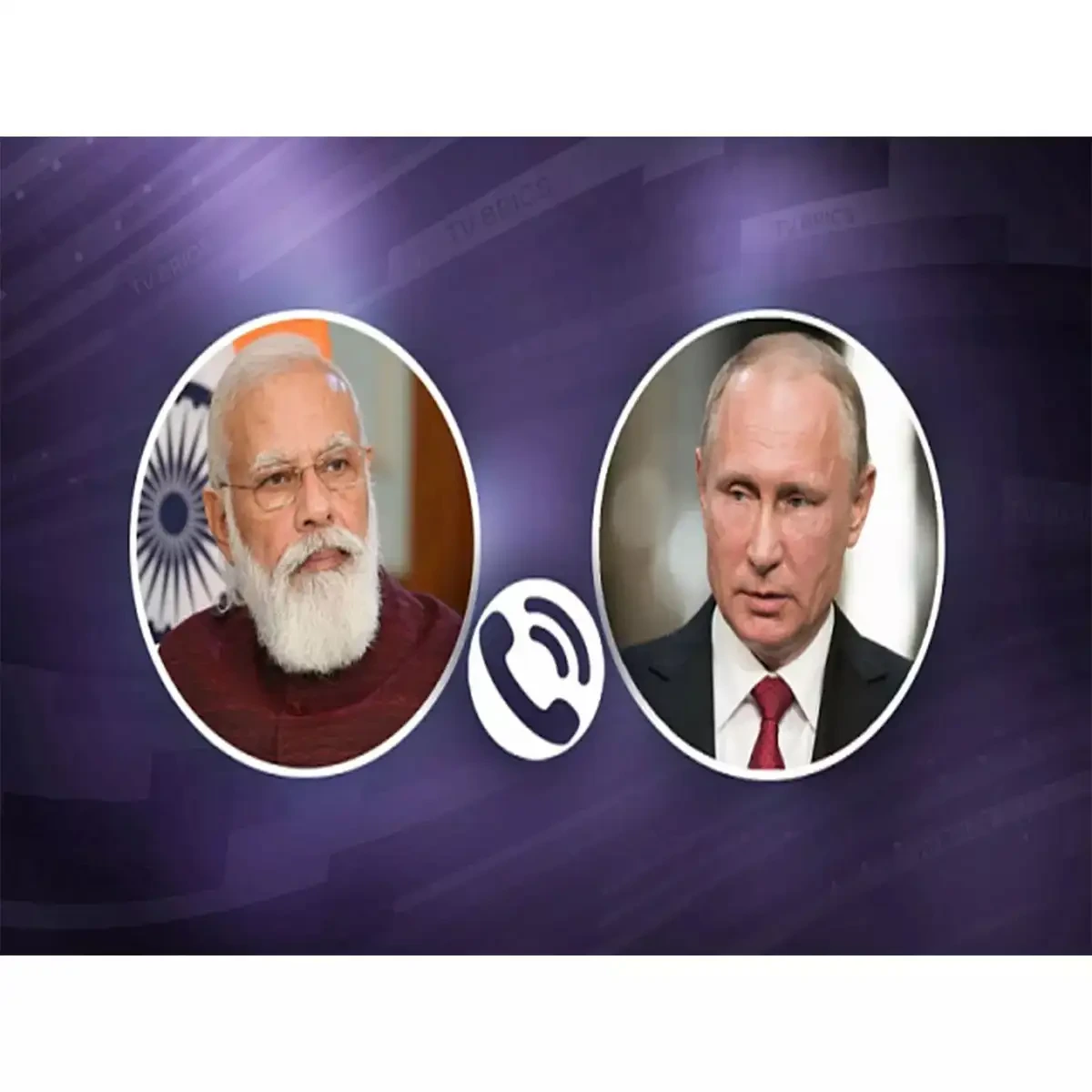09-Apr-2025,07:00 PM In a significant diplomatic exchange, External Affairs Minister Dr. S. Jaishankar and US Senator Marco Rubio discussed the urgency of finalizing the bilateral trade agreement between India and the United States, as highlighted by the Ministry of External Affairs (MEA). This high-level conversation underlines India’s strategic aim to solidify its position in global trade and foster robust relations with the United States amid shifting geopolitical dynamics.
Strengthening Indo-US Relations: Jaishankar Strategic Diplomacy
In the latest diplomatic outreach, Jaishankar’s dialogue with Senator Rubio has set the tone for deeper Indo-US engagement. The two leaders deliberated on a range of topics, but the centerpiece of the discussion remained the bilateral trade agreement, which has been under negotiation for several years.
According to the MEA, JS emphasized the strategic importance of concluding the agreement soon. His argument centered on mutual benefits, enhanced supply chain resilience, and the opportunity to boost economic cooperation across various sectors including technology, agriculture, pharmaceuticals, and defense.
The urgency in finalizing the deal is driven by the changing global economic scenario and the need to counterbalance the influence of rising global powers. JS highlighted that India’s trade and economic policies are now increasingly aligned with Western democracies and that this agreement would help bolster both nations’ global economic positions.
Why This Trade Agreement Matters: Jaishankar Vision for Economic Growth
Jaishankar’s position on this trade pact is part of a broader vision to turn India into a global manufacturing and economic powerhouse. As part of India’s foreign policy shift, trade and technology partnerships are now at the heart of international engagement.
Key Sectors Expected to Benefit:
-
Technology and Innovation
Jaishankar outlined that collaboration in AI, cybersecurity, and semiconductors could flourish with a finalized agreement. -
Defense and Strategic Equipment
The agreement could pave the way for co-development and co-production in defense, reducing dependency on traditional suppliers. -
Agricultural Exports
With the US being a major consumer market, Indian agricultural products stand to gain from reduced tariffs and streamlined compliance regulations. -
Energy Cooperation
Jaishankar also discussed deepening ties in renewable energy and LNG imports to diversify India’s energy basket.
According to trade experts, a swift conclusion of this agreement would not only boost GDP growth but also increase employment opportunities in both countries. Jaishankar’s emphasis on balanced, mutually beneficial trade shows India’s seriousness in playing a larger role in global economic diplomacy.
Challenges in the Road Ahead: JS Balanced Approach
While both leaders acknowledged the potential benefits, they also recognized existing challenges that could delay the process. Jaishankar was candid in acknowledging differences on tariff barriers, market access, and data privacy regulations.
Despite these hurdles, Jaishankar assured that India is willing to engage in constructive dialogue. His track record of managing sensitive trade discussions—whether with the EU, Australia, or Japan—shows he is no stranger to complex negotiations.
One of Jaishankar’s key strategies has been to maintain open communication with all stakeholders, including US lawmakers and business associations. He believes that trust-building and transparency will be vital in resolving contentious issues without compromising national interests.
Geopolitical Context: Why the US is Prioritizing India
Jaishankar’s efforts are complemented by the US’s renewed interest in India as a strategic partner in the Indo-Pacific region. With China’s assertiveness creating concerns globally, Washington is increasingly viewing India as a counterweight in Asia.
Senator Rubio’s support of the bilateral trade agreement is seen as a bipartisan endorsement of India’s growing importance. JS is leveraging this political will in Washington to push for outcomes that align with India’s developmental goals.
Additionally, Jaishankar has often highlighted how India’s Neighbourhood First and Act East policies complement US strategic goals in the region, making this partnership both economically and geopolitically significant.
Public and Industry Response to JS Diplomatic Push
Industry leaders in India have expressed optimism about JS proactive approach. Organizations like FICCI and CII welcomed the developments and urged the government to expedite internal processes to facilitate early implementation once the agreement is finalized.
In the US, Indian-American business groups and tech companies have lauded Jaishankar’s ability to create a stable and predictable trade environment, especially in areas like software exports and talent mobility.
Economists believe that Jaishankar’s leadership style—firm yet flexible—is instrumental in navigating through the complexities of global trade. His tenure as Foreign Minister has seen the signing of several landmark agreements and trade initiatives with key global partners.
Conclusion: Leadership of Jaishankar is Steering India Toward Global Trade Powerhouse Status
Dr. S. Jaishankar’s dialogue with Senator Rubio marks yet another milestone in India’s evolving global trade strategy. As the MEA underlines the importance of swift finalization of the Indo-US bilateral trade agreement, Jaishankar’s role is more crucial than ever. His diplomatic acumen, coupled with strategic clarity, ensures that India’s interests are effectively represented on the global stage.
By pushing for a comprehensive agreement that benefits both economies, Jaishankar is laying the foundation for a stronger Indo-US partnership. His ability to navigate geopolitical currents and economic negotiations simultaneously is not just a testament to his experience but also reflects the emerging confidence of New India on the world platform.
As India continues to rise as a global power, leaders like Jaishankar are ensuring that it does so with balance, strategy, and a commitment to shared prosperity.





